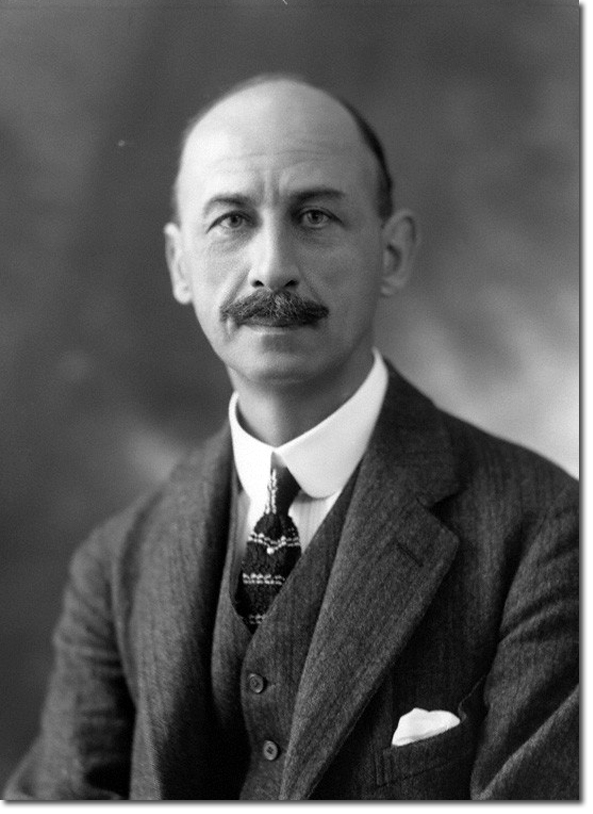|
|


|
| The 1920s was a difficult period to take over the governorship, as the colony faced political unrest with an upsurge of radical labour activity, led by Captain Arthur Cipriani, a white Creole who founded the Trinidad Working Men's Association. In a multi-ethnic population of black people and east Indians, working-class solidarity was beginning to appear above the ethnic divide. Unrest increased with a slump in cocoa prices in the mid-1920s, and the Trinidad Working Men's Association pressed for better wages and working conditions, as well as constitutional reform. In 1925 the first elections in the colony were held, for a new legislative council, though the white planters still exerted political domination. Byatt was involved in a crisis over his power to nominate six of the members. He nominated five but left the sixth place vacant until after the election, claiming he wanted to retain flexibility. In fact he nominated another white member to the three already nominated, and this caused protests in the Indian community who hoped it would be an Indian. The Colonial Office also disapproved of his decision but eventually dropped the matter. Byatt did at least persuade the Colonial Office to raise the limit on individual loans by the agricultural loan bank, so as to assist poorer farmers. |
Trinidad and Tobago | Trinidad and Tobago Administrators
Armed Forces | Art and Culture | Articles | Biographies | Colonies | Discussion | Glossary | Home | Library | Links | Map Room | Sources and Media | Science and Technology | Search | Student Zone | Timelines | TV & Film | Wargames